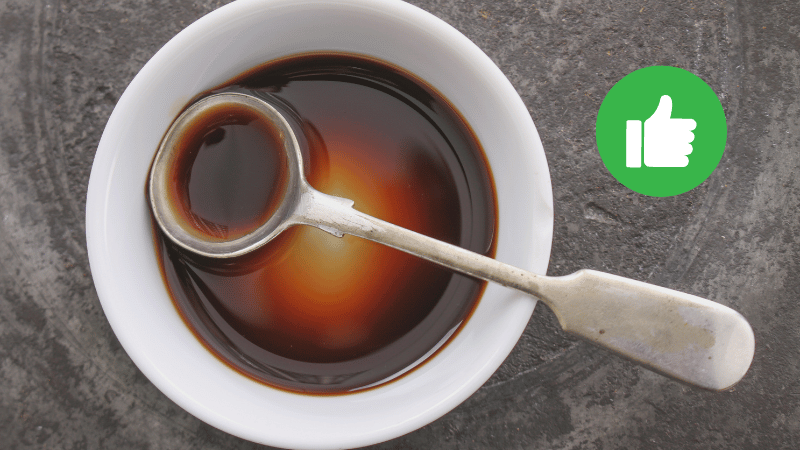Worcestershire sauce is a beloved condiment known for its unique flavor and versatility in various dishes. However, the question of whether it needs to be refrigerated often arises, leaving many wondering about the proper storage method.
In this comprehensive article, we’ll explore the ins and outs of storing Worcestershire sauce and provide you with the knowledge to ensure its longevity and safety.
Worcestershire Sauce Shelf Life and Refrigeration
Unopened bottles of Worcestershire sauce have a relatively long shelf life due to their high acidity and the fermentation process. According to the Food Safety and Inspection Service (FSIS), an unopened bottle can last for several years when stored in a cool, dry place, away from direct sunlight.
However, once opened, the shelf life shortens, and refrigeration becomes necessary. According USDA Food Safety an opened bottle of Worcestershire sauce should be refrigerated and consumed within 6 months to a year for optimal flavor and safety.
Understanding Worcestershire Sauce Composition

Before delving into the refrigeration requirements, it’s essential to understand the composition of Worcestershire sauce.
This condiment is a fermented product made from a blend of vinegar, molasses, anchovies, tamarind, garlic, onions, and a variety of spices.
The fermentation process plays a crucial role in preserving the sauce and contributing to its distinctive flavor.
Signs of Spoilage
Despite its preservative properties, Worcestershire sauce can spoil over time, especially if stored improperly. Here are some signs to watch out for:
- Mold growth: If you notice any visible mold or discoloration on the surface of the sauce or around the bottle’s neck, it’s best to discard it.
- Off odor: Fresh Worcestershire sauce has a distinct aroma. If the sauce develops an unpleasant or sour smell, it may have spoiled.
- Change in texture: The sauce should have a smooth, viscous consistency. If it becomes watery or separates, it’s likely past its prime.
Proper Storage Techniques
To maximize the shelf life of your Worcestershire sauce, follow these storage tips:
- Refrigerate after opening: Once opened, store the bottle in the refrigerator to slow down the growth of bacteria and prevent spoilage.
- Use an airtight container: If transferring the sauce to another container, choose an airtight option to prevent oxidation and contamination.
- Avoid temperature fluctuations: Exposure to temperature changes can accelerate spoilage. Store the sauce consistently in the refrigerator or a cool, dry place.
- Check the expiration date: While Worcestershire sauce can last beyond the printed date, it’s always wise to follow the manufacturer’s guidelines.
Alternatives and Substitutes
If you find yourself in a situation where your Worcestershire sauce has spoiled or you’re simply looking for alternatives, there are several options to consider:
- Soy sauce: While not an exact substitute, soy sauce can provide a similar umami flavor profile.
- Fish sauce: This pungent condiment is commonly used in Southeast Asian cuisine and can mimic the savory notes of Worcestershire sauce.
- Balsamic vinegar: For a touch of sweetness and tanginess, balsamic vinegar can be a suitable substitute in certain dishes.

